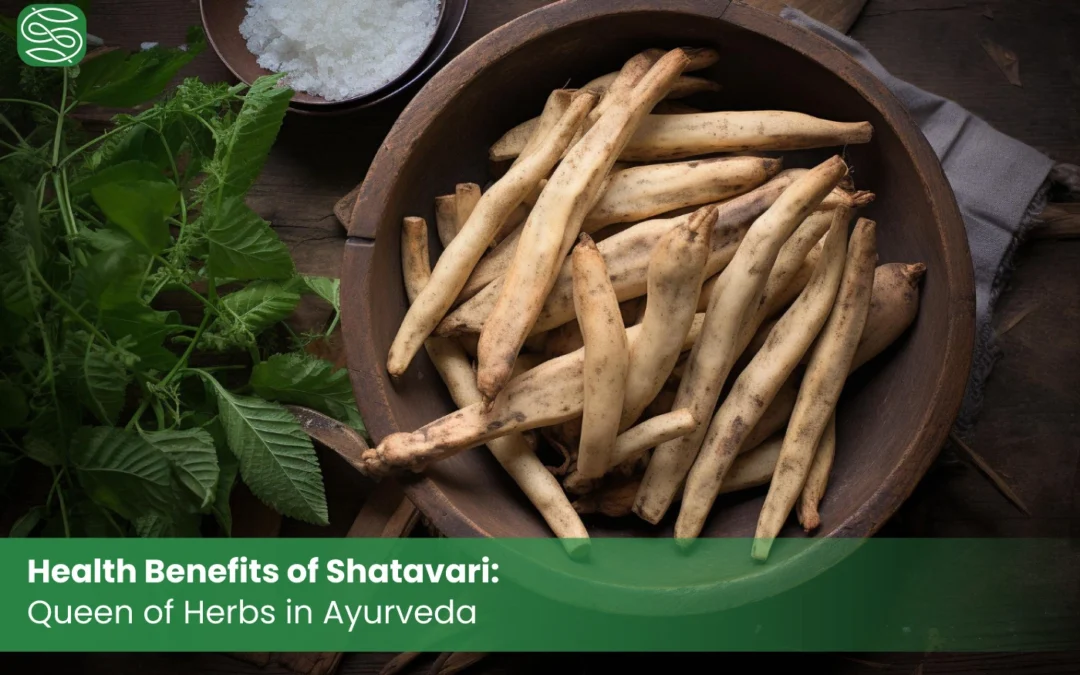Introduction
Hemorrhoids, also called piles, fistula, and fissure, have been known for a long time because they cause pain, burning, and bleeding from the rectum, which causes a lot of stress and anxiety. These problems have been around for a long time, ever since people started to walk on two legs. So it’s not surprising that they are talked about in books like the Charaka and Sushrutha Samhita, which were written around 1500 BC.
Hemorrhoids are really just swollen veins near the anal canal. In Ayurveda, it is called “Arshas” and is described as a very painful disease that causes small, fleshy bumps to grow and blood to leak from the guda or anal canal.
What is Shatavari?
Shatavari is a Sanskrit word that translates to “100 spouses”. The name represents its medicinal ability to improve female reproductive health. Scientifically named Asparagus racemosus, it is a versatile herb native to Sri Lanka, India, and the Himalayas. It has earned the title of the “Queen of Herbs’ for its immense medicinal value. This ancient herb has been a cornerstone of traditional medicine for centuries, promoting vitality and overall wellness.
The Role of Shatavari in Ayurveda Treatment
Rasayana Chikitsa in Ayurveda treatment focuses on enhancing longevity, vitality, and overall health. It encompasses therapies, dietary guidelines, and specific herbs like Shatavari to restore balance and vitality in the body.
Health Benefits of Shatavari
- Reproductive health: The herb helps regulate menstrual cycles, eases menstrual discomfort, and enhances fertility.
- Digestive health: The herb soothes the digestive system, alleviating acidity, ulcers, and discomfort.
- Immune boost: It strengthens the immune system, enhancing the body’s resilience to infections.
- Stress management: Its adaptogenic properties help the body adapt to stress, promoting emotional well-being.
- Anti-Inflammatory: It has been proven beneficial in managing inflammatory conditions.
Shatavari for Infertility
Ayurveda treatment for infertility with Shatavari occupies a significant place in traditional medicine, particularly Ayurveda, for its potential to address various health issues, including infertility. Infertility can be a distressing journey for individuals and couples, and Ayurveda offers hope.
It boasts adaptogenic and rejuvenating properties, making it valuable for both male and female reproductive health. The following are the key benefits.
- Hormonal Balance: The herb helps regulate hormonal imbalances, a common contributor to infertility, by supporting the endocrine system.
- Enhanced Ovulation: For women with ovulatory issues, Shatavari promotes regular ovulation by maintaining ovarian health.
- Uterine Health: It nourishes the uterine lining, facilitating embryo implantation.
- Sperm Health: In men, it may improve sperm production and motility, increasing the likelihood of fertilisation.
- Stress Reduction: Infertility often leads to emotional stress, which can exacerbate the problem. Its adaptogenic qualities help manage stress and anxiety, creating a conducive environment for conception.
To learn more about how Ayurveda can address fertility issues in men, read our blog “Treat low sperm count naturally”
Shatavari for Anaemia
Shatavari, revered in Ayurveda, is prominent in addressing anaemia, a condition of low red blood cells or haemoglobin levels. This condition leads to fatigue, weakness, and reduced oxygen-carrying capacity in the blood.
Its benefits for anaemia are attributed to its rich iron content. Iron is crucial for haemoglobin production and is responsible for oxygen transport in the body. Shatavari enhances iron levels, aiding in the formation of healthy red blood cells and preventing anaemia.
Additionally, it reduces exhaustion and weakness associated with anaemia, promoting vitality and well-being. Shatavari is available in various forms, such as capsules, powders, or decoctions, and can support individuals dealing with anaemia. However, consulting a healthcare practitioner or Ayurvedic expert is essential to determine the suitable dosage and duration of use.
Shatavari for Skin Disorders
Furthermore, Shatavari’s ability to balance Pitta dosha, an energy associated with heat and inflammation in Ayurveda, proves especially beneficial for skin disorders driven by excessive Pitta. Its rejuvenating properties nourish the skin from within, enhancing its natural glow and resilience. It supports collagen production, which is vital for maintaining skin elasticity and preventing premature aging.
Shatavari can be consumed as a supplement or applied topically as a paste or cream. However, consultation with an Ayurvedic practitioner or dermatologist is vital to determine the appropriate dosage and usage, considering individual skin conditions.
Tips for Using Shatavari
Consult an Expert: Follow the instructions of the doctor or practitioner for personalised recommendations regarding the dosage and form.
Balance Lifestyle: Incorporate Shatavari into a balanced lifestyle that includes a nutritious diet, regular exercise, and stress management practices.
Practice Patience: Embrace Ayurveda’s emphasis on patience, as it may take time to experience its full benefits. Consistency in usage is key.
Precautions and Potential Side Effects
- Pregnant and nursing women should consult healthcare professionals before using the herb.
- Individuals allergic to asparagus or related plants should avoid it.
- Excessive use may lead to digestive discomfort.
Conclusion
Contact Shathayu clinics, the best Ayurvedic Clinics in Bangalore and our ayurveda experts will provide the right solutions to any health concerns and diseases. We have multiple clinics across Bangalore.
FAQs
1. Can Shatavari help balance hormones?
Yes. Shatavari naturally supports the endocrine system, helping maintain hormonal balance in women, particularly during menstruation, postpartum, and menopause.
2. What are the main Shatavari benefits?
Key Shatavari benefits include improved reproductive health, balanced hormones, better digestion, enhanced skin glow, and stronger immunity. It also acts as a natural rejuvenator.
3. What are the health benefits of Shatavari powder?
Shatavari powder benefits include helping digestion, supporting hormonal balance, and promoting energy. When taken regularly with warm milk or water, it nourishes body tissues and supports immunity.
4. What are the Shatavari benefits for female fertility?
Shatavari benefits for female fertility include promoting hormonal balance, improving ovulation and nourishing the uterine lining, helping create a healthier environment for conception.
5. How does Shatavari support women’s health?
Shatavari helps balance oestrogen levels, supports menstrual health, reduces mood swings, and enhances strength making it one of the best Ayurvedic herbs for women’s wellness.
6. What are the Shatavari benefits for skin?
Shatavari benefits for skin include reducing dryness, calming inflammation, improving elasticity, and enhancing natural glow due to its antioxidant and cooling properties.
7. Can men take Shatavari?
Yes, while it is especially beneficial for women, Shatavari also supports male fertility, energy, and immunity by promoting strength and vitality.
8. What is the best way to consume Shatavari?
You can take Shatavari powder with warm milk, ghee, or honey, or as capsules or syrup as advised by an Ayurvedic practitioner.

